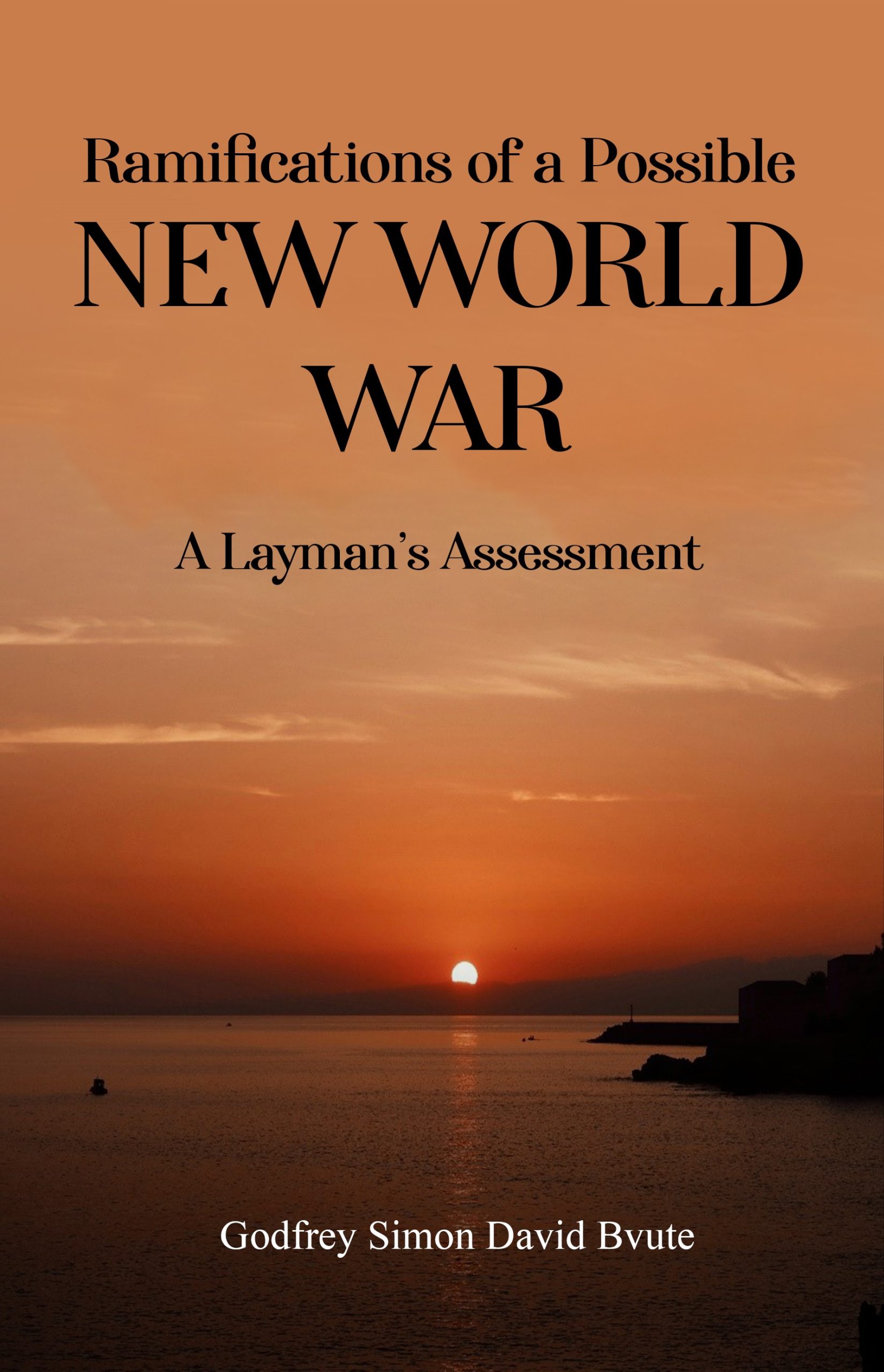In Ramifications of a Possible New World War, Godfrey Simon David Bvute raises a timely and uncomfortable question: are today’s global institutions still capable of securing peace in a world on edge?

The United Nations (UN) and the North Atlantic Treaty Organization (NATO) were both born out of the ashes of World War II. Their mandates were clear: prevent another global catastrophe. But with conflicts escalating and nuclear threats resurfacing, their effectiveness is being seriously called into question.
The UN: Noble Intentions, Limited Impact?
The United Nations stands as the world’s premier multilateral institution, designed to foster dialogue, resolve conflicts, and promote development. However, as Bvute argues, the UN’s influence appears increasingly symbolic rather than practical, especially when powerful member states act unilaterally or ignore international law.
The UN Security Council, where permanent members wield veto power, is often paralyzed by political divisions—particularly when those divisions reflect the very East-West tensions fueling current conflicts. This structural flaw hampers the UN’s ability to intervene decisively, even in the face of clear humanitarian or security threats.
In the case of the Russia-Ukraine war, the UN has issued resolutions and convened debates, but its real ability to halt violence or enforce peace remains severely limited.
NATO: Defender or Provoker?
Bvute takes a critical look at NATO, once a Cold War-era military alliance formed to counter Soviet influence. Since the dissolution of the USSR and the Warsaw Pact, NATO has not only persisted but expanded, now bordering the Russian Federation itself.
The book questions whether NATO’s eastward expansion has contributed to global security—or undermined it by provoking a strong defensive response from Russia. Bvute suggests that instead of dissolving like its Eastern counterpart, NATO has grown into a global military force, one that increasingly acts outside of its original defensive mandate.
This shift raises serious questions: Is NATO preserving peace, or increasing the likelihood of confrontation?
A Broken Architecture for Peace
Bvute’s analysis exposes a deeper issue: the global security framework built in the mid-20th century is struggling to manage 21st-century challenges. There’s a growing disconnect between multilateral ideals and geopolitical realities. Arms races, proxy wars, and ideological clashes now unfold without the checks and balances once offered by Cold War-era arms control agreements.
Without credible mediation and updated frameworks, the world risks returning to an era where miscalculations and political arrogance can trigger global disaster.
The Need for Reform and Renewal
The solution, Bvute argues, isn’t to abandon these institutions but to reform them. The UN must find ways to enforce accountability and amplify the voices of smaller nations, especially those in the Global South. NATO must reconsider its role in today’s multipolar world—moving away from ideological dominance and toward genuine collective security.
Ramifications of a Possible New World War doesn’t just critique; it calls for a reimagined world order—one where peace, justice, and sustainable development take precedence over military dominance and political hegemony.
Are the world’s most powerful institutions keeping us safe—or pushing us closer to the edge? This book asks the hard questions we can no longer afford to ignore.